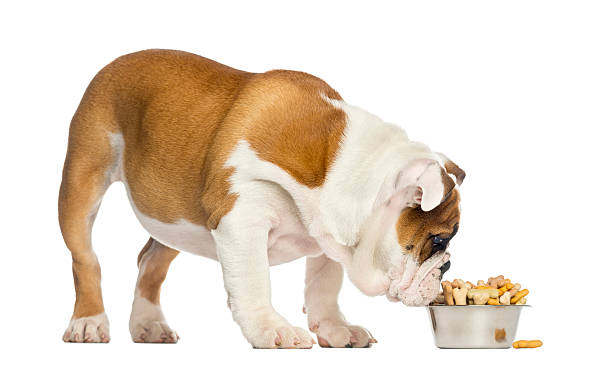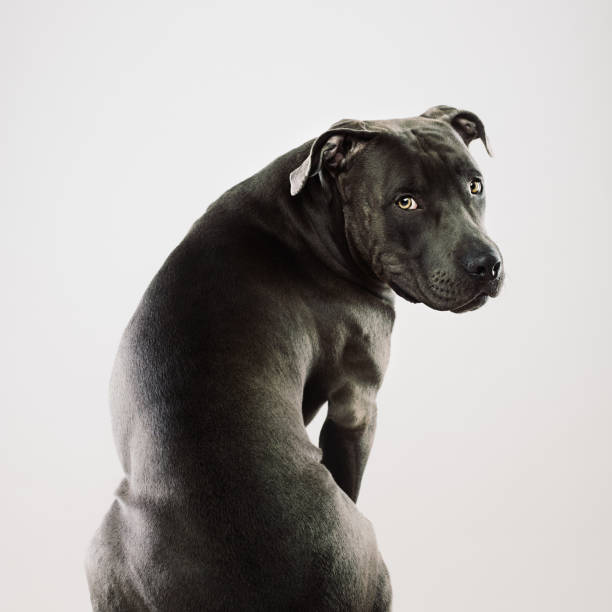Introduction:
As a devoted owner of Bulldogs for 15 years, I’ve come to appreciate the nuances of their personalities and behaviors.
Bulldogs, with their endearing wrinkled faces and loyal dispositions, often bring immense joy into our lives.
However, there are moments when we may notice a subtle shift in their demeanor, leaving us wondering, “Why is my bulldog so sad?”
In this blog post, I aim to unravel the complex emotions behind your bulldog’s melancholy and offer insights into how you can support their emotional well-being.
12 Main Reasons Why is my bulldog so sad? You should Know
- Health Issues:
Bulldogs are prone to various health issues, including allergies, skin infections, and respiratory problems.
Discomfort or pain caused by these conditions can manifest as lethargy or sadness in your bulldog.
- Changes in Routine:
Bulldogs thrive on routine and may become unsettled or anxious in the face of significant changes, such as moving to a new home, the arrival of a new pet, or alterations to their daily schedule.
- Separation Anxiety:
Bulldogs are known for their attachment to their owners and may experience distress when left alone for extended periods.
Separation anxiety can manifest as whining, pacing, destructive behavior, or withdrawal in your bulldog.
- Environmental Stressors:
Loud noises, unfamiliar surroundings, or stressful situations can evoke anxiety or sadness in bulldogs.
Events like thunderstorms, fireworks, or visits to the vet may trigger feelings of unease in your pet.
- Need mental engagement
Bulldogs are intelligent dogs that require mental stimulation to prevent boredom and promote overall well-being.
A lack of mental stimulation can lead to feelings of sadness or restlessness in your bulldog.
- Social Isolation:
Bulldogs are social animals that thrive on companionship and interaction with their human family members.
Also Read,
Prolonged periods of social isolation or loneliness can contribute to feelings of sadness or depression in your bulldog.
- Grief or Loss:
Bulldogs are sensitive creatures that can experience grief or sadness in response to the loss of a companion animal or human family member.
Providing extra love and support during times of loss can help your bulldog cope with their emotions.
- Seasonal Changes:
Like humans, bulldogs can be affected by seasonal changes in daylight and weather patterns.
Seasonal affective disorder (SAD) can cause changes in mood or behavior, leading to feelings of sadness in your bulldog.
- Lack of Exercise:
Regular exercise is essential for maintaining the physical and mental health of bulldogs.
A lack of exercise can lead to pent-up energy, boredom, and feelings of sadness or frustration in your bulldog.
- Dietary Imbalances:
Poor nutrition or dietary imbalances can impact your bulldog’s overall health and well-being, potentially leading to changes in mood or behavior.
Ensuring your bulldog receives a balanced diet tailored to their specific needs is crucial for promoting emotional wellness.
- Understand Your Bulldog Health Changes with Age
As bulldogs age, they may experience physical discomfort or health decline that can contribute to feelings of sadness or lethargy.
Providing extra comfort, support, and veterinary care can help alleviate their discomfort and improve their quality of life.

- Lack of Bonding or Attention:
Bulldogs flourish when they receive love and attention from their human companions. If they don’t have enough bonding time or quality interactions, they may experience sadness or loneliness.
Investing time in building a strong bond and nurturing your relationship can help address these feelings.
Some Important FAQs Regarding Why is my bulldog so sad?
Why is my bulldog so sad?
– Bulldogs, like humans, can experience moments of sadness due to various factors such as health issues, changes in routine, separation anxiety, and environmental stressors.
Understanding the underlying reasons behind your bulldog’s sadness is essential for providing them with the care and support they need.
How can I know if my bulldog is feeling down?
– Signs of sadness in bulldogs may include decreased energy levels, loss of interest in activities they usually enjoy, changes in appetite, excessive sleeping, or withdrawal from social interactions.
Paying attention to these behavioral cues can help you recognize when your bulldog may be feeling down.
What can I do to cheer up my sad bulldog?
– Providing your bulldog with love, attention, and reassurance is essential for helping them feel better.
Engage in activities they enjoy, such as playtime or walks, offer comforting cuddles, maintain a consistent routine, and address any underlying issues such as health concerns or separation anxiety.
When should I seek veterinary help for my sad bulldog?
– If you notice persistent changes in your bulldog’s behavior or demeanor, it’s crucial to consult with a veterinarian.
They can conduct a thorough examination to rule out any underlying health issues and provide guidance on appropriate treatment options or behavioral interventions to help address your bulldog’s sadness.
Can bulldogs suffer from depression?
– While bulldogs, like all dogs, can experience periods of sadness, clinical depression in dogs is less common and more challenging to diagnose.
However, prolonged or severe changes in mood or behavior may indicate underlying emotional distress that warrants veterinary evaluation and intervention.
Conclusion:
Understanding the underlying reasons behind your bulldog’s sadness is essential for providing them with the care and support they need.
By recognizing their emotional cues, addressing potential triggers, and offering reassurance and comfort, you can help your bulldog navigate through moments of melancholy with love and compassion.
Remember, as a dedicated owner, your presence and understanding are invaluable in helping your bulldog lead a happy, healthy, and fulfilling life.
Also Read,





One Comment on “Why is My Bulldog So Sad? 12 Reasons You Should Know”